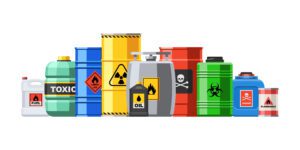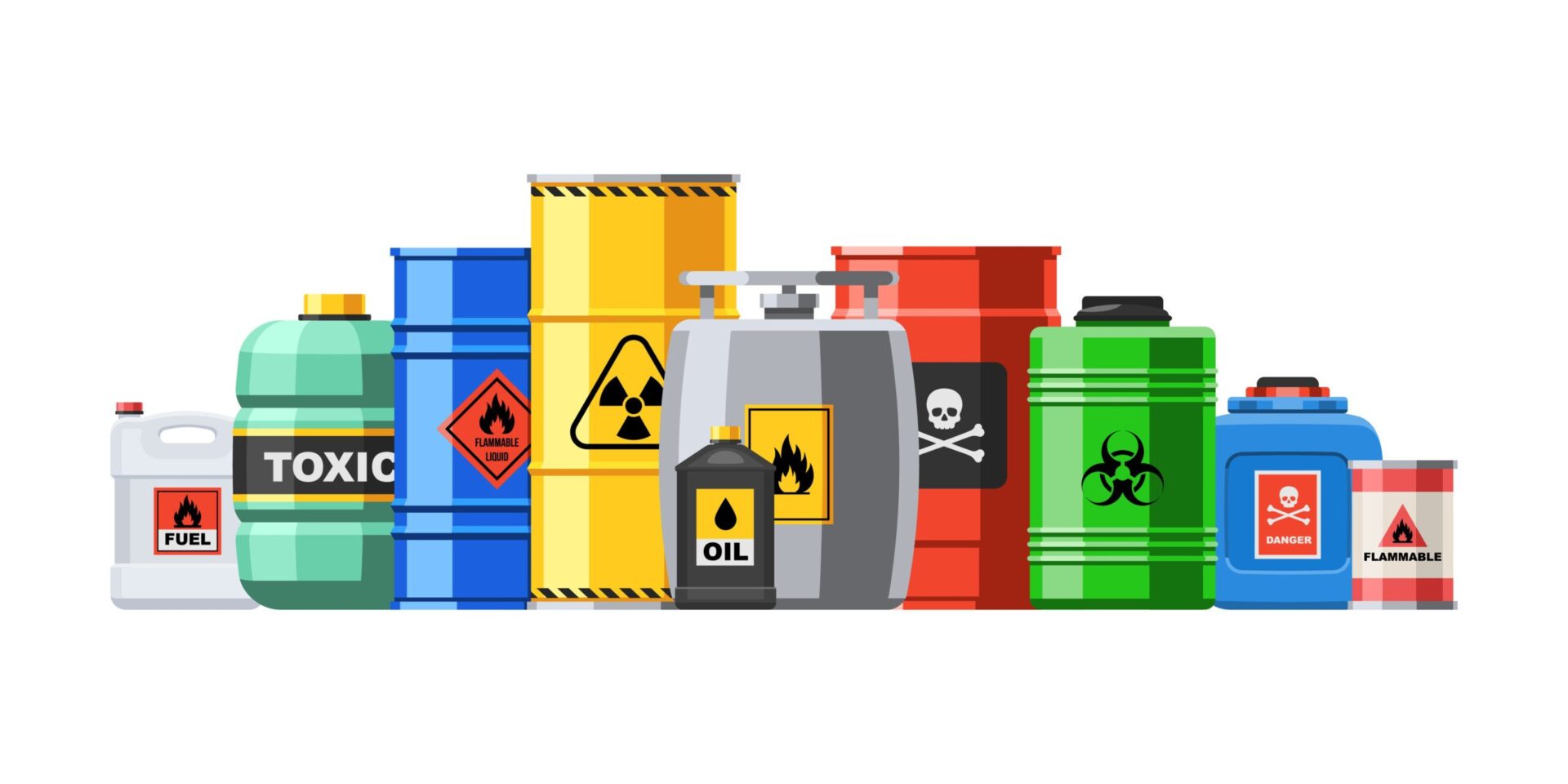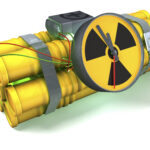The CFATS Program was enacted to keep critical chemical industry infrastructure targets safe from terrorist attacks.
According to CISA:
 “In 2006, Congress authorized the Department of Homeland Security (DHS) to establish the Chemical Facility Anti-Terrorism Standards (CFATS) program. Managed by the Cybersecurity and Infrastructure Security Agency (CISA), the CFATS program identifies and regulates high-risk chemical facilities to ensure security measures are in place to reduce the risk of certain hazardous chemicals being weaponized. In 2014, Congress reauthorized and amended the program through the Protecting and Securing Chemical Facilities from Terrorist Attacks Act of 2014 (6 U.S.C. § 621, et seq.). After several short-term extensions, CFATS has been extended to July 2023.†More Here
“In 2006, Congress authorized the Department of Homeland Security (DHS) to establish the Chemical Facility Anti-Terrorism Standards (CFATS) program. Managed by the Cybersecurity and Infrastructure Security Agency (CISA), the CFATS program identifies and regulates high-risk chemical facilities to ensure security measures are in place to reduce the risk of certain hazardous chemicals being weaponized. In 2014, Congress reauthorized and amended the program through the Protecting and Securing Chemical Facilities from Terrorist Attacks Act of 2014 (6 U.S.C. § 621, et seq.). After several short-term extensions, CFATS has been extended to July 2023.†More Here
In a recent notice, CISA announced that the CFATS program would be allowed to expire.
This could not come at a worse time based on what could be a massive increase in the terror threat as Hamas attacked Israel and we wait to see how Iran and Hizballah react or join the fight as we experience a massive surge of over 2.2 million migrants this year alone. Although among them we have no idea how many terrorists have crossed the border undetected, we do know many on the Terrorist Watch List have crossed over. According to National Media: “As of the end of May, 125 arrests of Known and Suspected Terrorists at the southern border between ports of entry by Border Patrol since the fiscal year began in October. That is higher than FY 2022’s 98 encounters, which broke a record. In FY 21 there were just 15 arrests and in FY 20 just three. In FY 19, there were zero at the southern border between ports of entry.â€
Another wild card in this scenario is how Hezbollah will eventually react, with Iran in Lebanon, and/or using established dormant cells here in the US. As we reported in a 2010 article about decades of Hezbollah clandestine activity on American soil:
“Hezbollah has been operating criminal gangs and terrorist cells in the United States since the 1980s and funneling money back to the Middle East to support terrorist activities. As detailed in the book “Lightning out of Lebanon,†Hezbollah members had already set up operations and were involved in cigarette smuggling and other criminal activities to support “charities†that turned out to be money laundering fronts throughout the US. This criminal infrastructure served as the foundation for the growth of the larger enterprise that laundered over $400M through a global distribution and laundering scheme, as seen in this indictment by the Manhattan US Attorney’s Office.â€
Until 9-11, 2001, Hezbollah was responsible for the deaths of more Americans than any other Middle Eastern terrorist organization and was responsible for the US embassy bombing in Beirut, which launched the use of suicide bombers as a preferred terrorist method of killing. Both Hamas and Hezbollah were founded with and continue to receive organizational, material, and financial support from Iran. Iran’s direct involvement in this latest attack on Israel has been denied by Hamas and Iran, although with little credibility according to experts.
In summary, our current National Security apparatus was completely reorganized post-9/11 and included processes and methods to protect critical infrastructure across major industries, including CFATS for the Chemical Sector. When an industry is allowed to regulate itself, there is a long history of failures that put all of us at risk, including major oil spills, US train derailments, the Bhopal chemical disaster, and many others related to increasing risks of natural and manmade disasters.
CISA’s mission is to protect 16 Critical Infrastructure Sectors, the first listed is Chemical. Is letting the Chemical Sector Protection expire the first of many?
Which will be next?
Stay Safe,
Jim






0 Comments